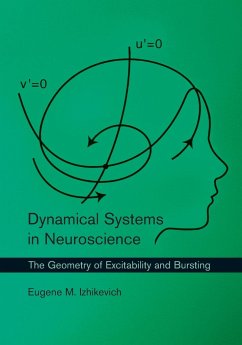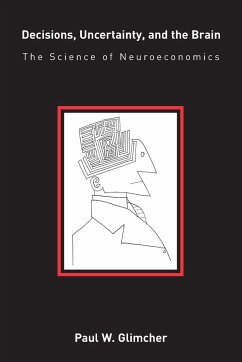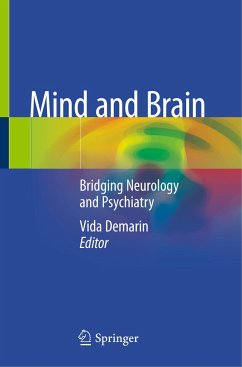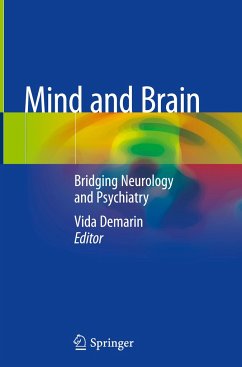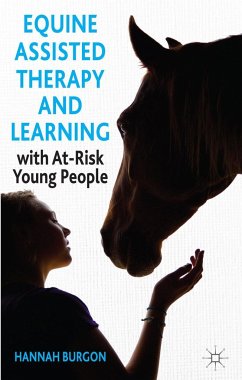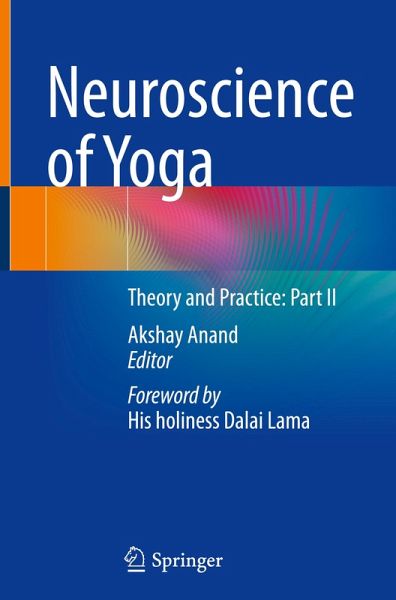
Neuroscience of Yoga
Theory and Practice: Part II
Herausgegeben: Anand, Akshay; Nadholta, Pooja

PAYBACK Punkte
53 °P sammeln!
This part of the book offers a multidimensional exploration of the neuroscience of yoga and in-depth insights into the neuroscientific underpinnings of yoga's impact on different disease conditions; explores the fascinating intersections between yoga, education, and neuroeconomics, as well as the relationship between yoga, spirituality, and consciousness; and acknowledges the importance of animal models in yoga research. In addition, the book addresses the concept of mind wandering and knowledge practice gap. This section provides valuable guidance for policymakers, healthcare professionals, a...
This part of the book offers a multidimensional exploration of the neuroscience of yoga and in-depth insights into the neuroscientific underpinnings of yoga's impact on different disease conditions; explores the fascinating intersections between yoga, education, and neuroeconomics, as well as the relationship between yoga, spirituality, and consciousness; and acknowledges the importance of animal models in yoga research. In addition, the book addresses the concept of mind wandering and knowledge practice gap. This section provides valuable guidance for policymakers, healthcare professionals, and educators by exploring these aspects. Its comprehensive nature makes it an invaluable resource for researchers, practitioners, and individuals interested in unravelling the scientific complexities of the mind-body connection.




